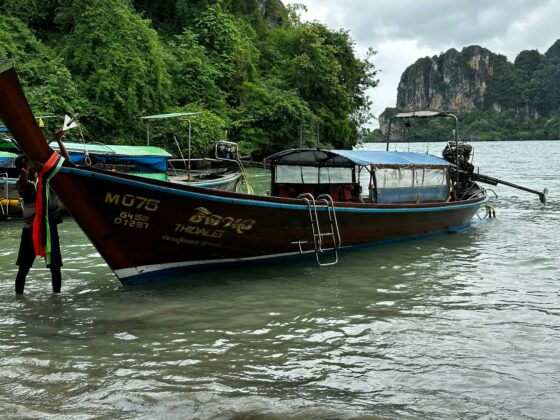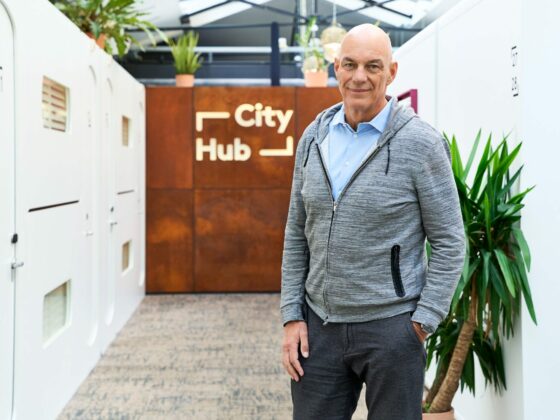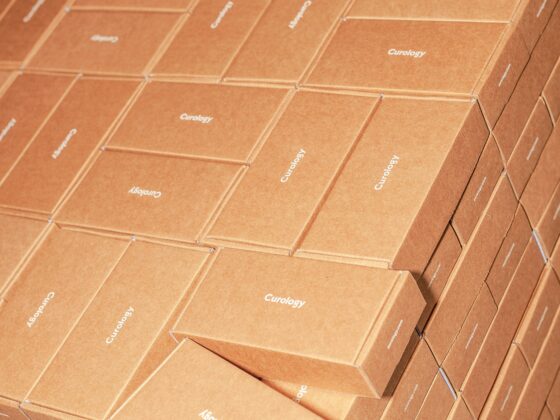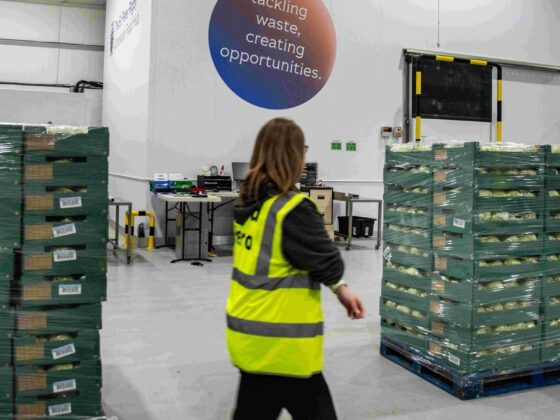
Maintaining true visibility over your supply chain is critical for hospitality businesses – but can be difficult and time-consuming. Responsible sourcing means buying from environmentally and socially ethical sources that minimise the impact they have on the world. This practice starts at the very beginning of the supply chain, and includes taking care of the people who grow, gather and harvest the produce you buy, as well as the communities and local environments where they live and work. It means guaranteeing a living income for producers and supporting environmentally positive farming and fishing practices.
For foods you can source locally, this is relatively easy to manage; however, it becomes trickier when you’re looking for ingredients from other countries, and is especially challenging when it comes to high-risk ingredients (like avocados, chillies, citrus, cocoa, coffee, nuts, palm oil, certain types of seafood or soy). For businesses that don’t take extra care in sourcing these foods, the issues inherent in these supply chains can often translate to reputational and financial risks. This is where reliable third-party bodies like Fairtrade, the Rainforest Alliance, the MSC blue tick and organic certification can really help F&B operators, especially across these high-risk items.
Third-party certifications remain imperfect; while it is certainly true that they have created much positive change in the industry to date, it is frustrating that these processes can mean additional admin and cost for small farmers, and that sometimes that barrier is too high. A great way for larger businesses to support the development of better agricultural practices is to guarantee financial support to smallholder farmers while they work to meet certification standards – for example, committing to buying a certain volume of potatoes while they bring their farm up to organic standards.
At the same time, if your business doesn’t have the resources, knowledge or capacity to validate things like worker conditions or environmental stewardship, thank goodness for third parties – they remain the best way to maintain transparency over the origins and impacts of the products you buy, and to ensure that the farmers and fishers in your supply chain are being treated fairly, to avoid greenwashing and to manage your own risk. With customers increasingly demanding transparency around their food choices, recognisable certifications are also a way to provide peace of mind and build trust.









